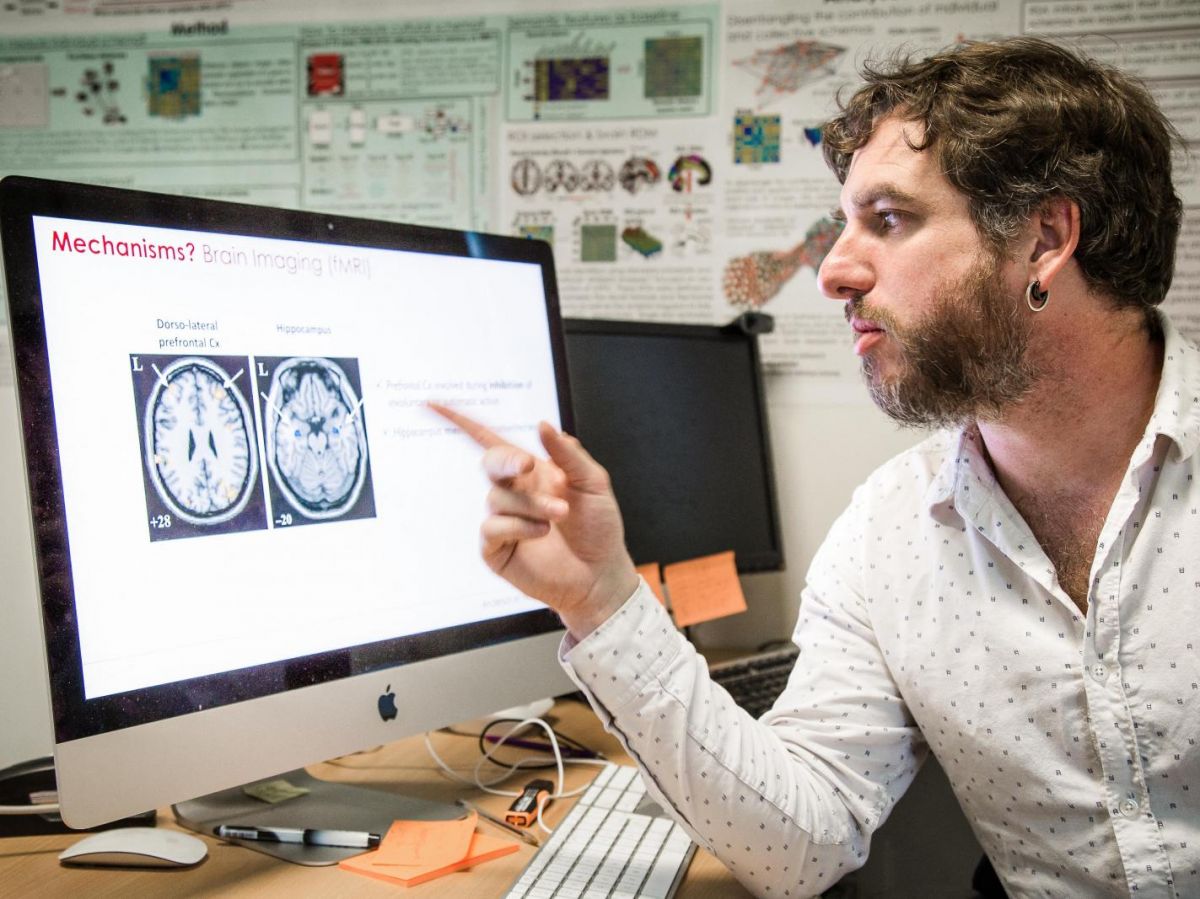“ Resilience is not a trait that is inscribed in us and defined the advance " and involves a brain mechanism for controlling memories, reveals neuropsychology and human memory imaging researcher Pierre Gagnepain. On the contrary, it is a dynamic process that can be worked on and improved, which he describes with his team in a series of studies, the last of which was published in January 2025 in the journal Science Advances.
On November 13, 2015, the Paris attacks plunged dozens of people into painful post-traumatic stress disorder (PTSD). They relive the event in an intrusive way with all their senses. It is very disabling.", explains Giovanni Leone, first author of this study. To combat the resulting stress and recover from the original trauma, the faculty of resilience is essential. " The hippocampus, the brain area linked to memory, was thought to be the root cause of PTSD. But our findings show that it's not just a problem with memory, but with the control of how those memories emerge.", summarizes the researcher.



